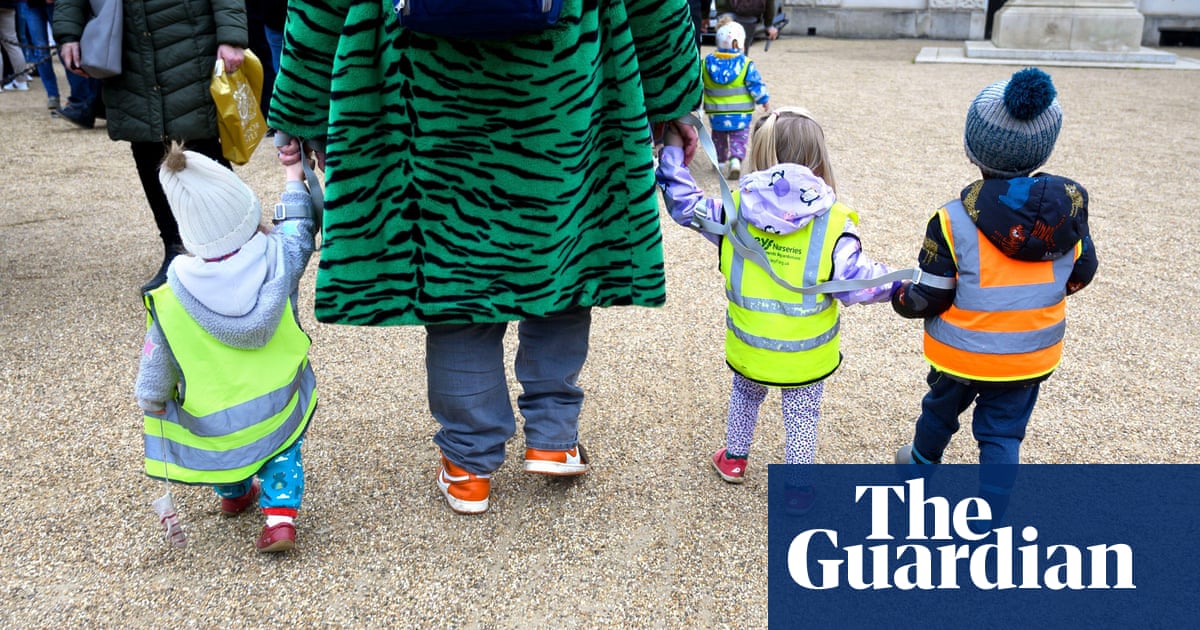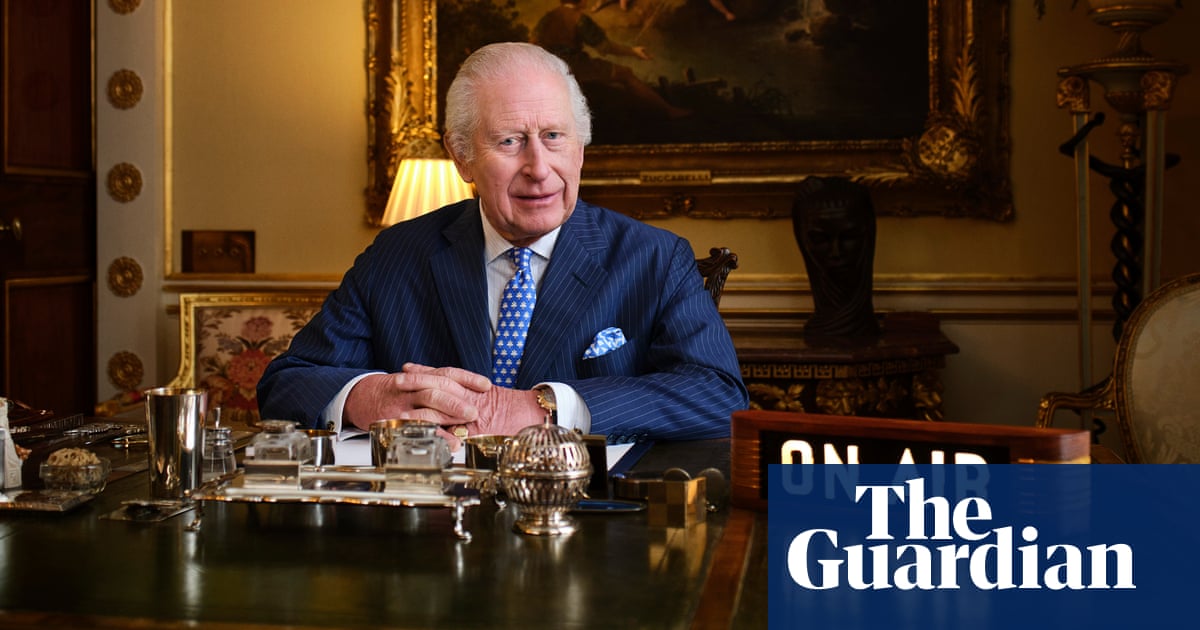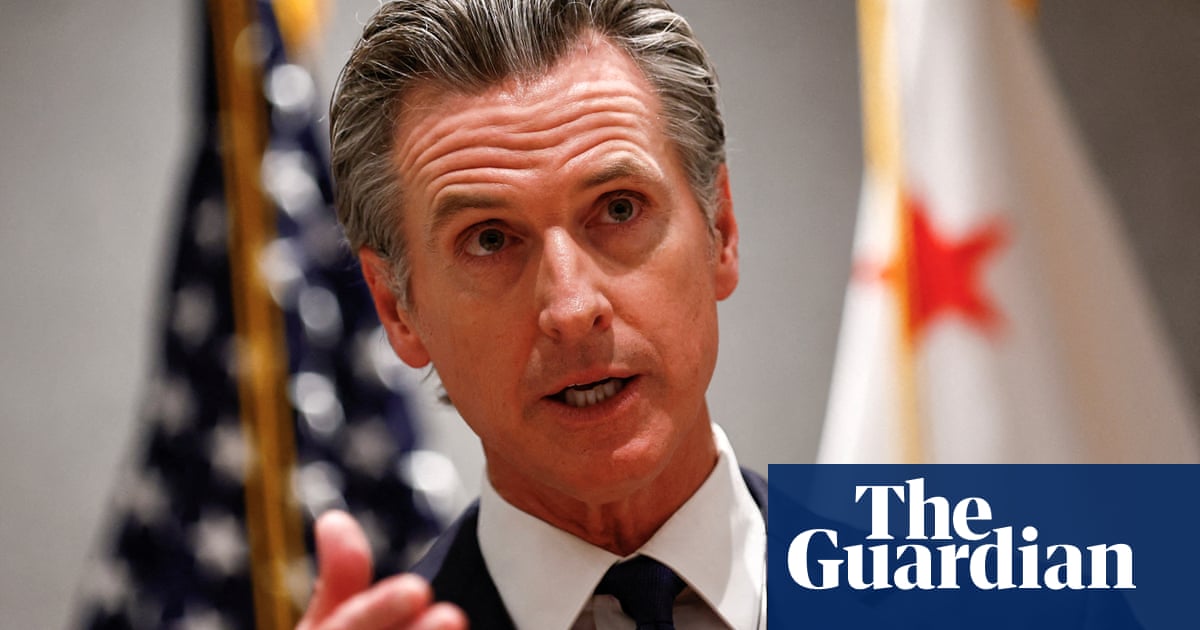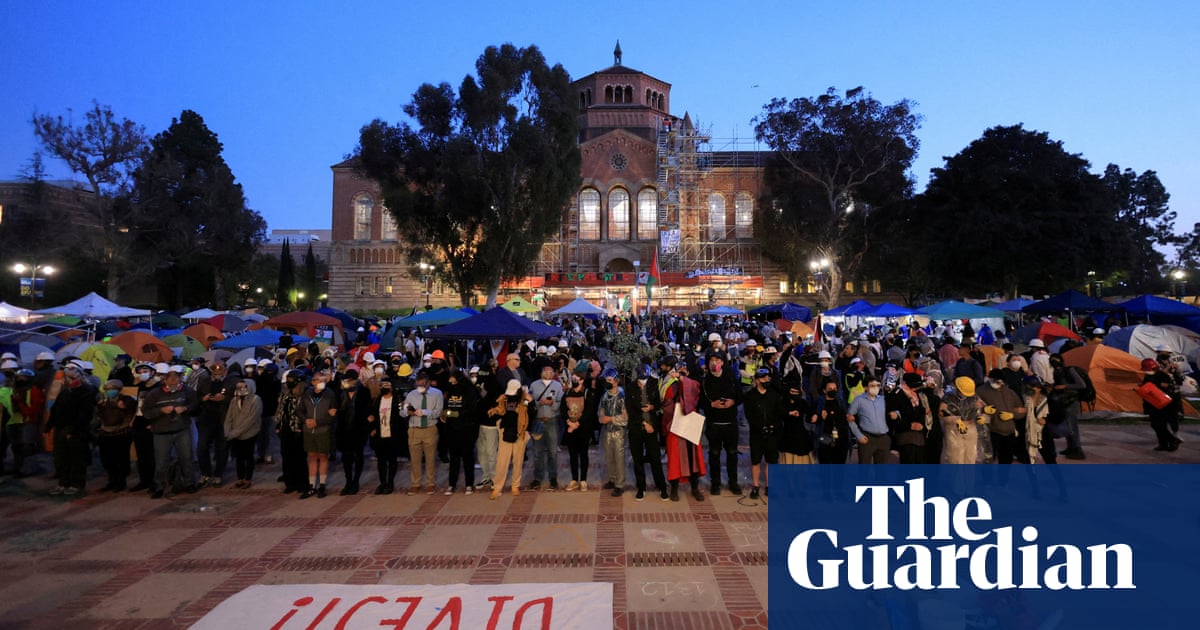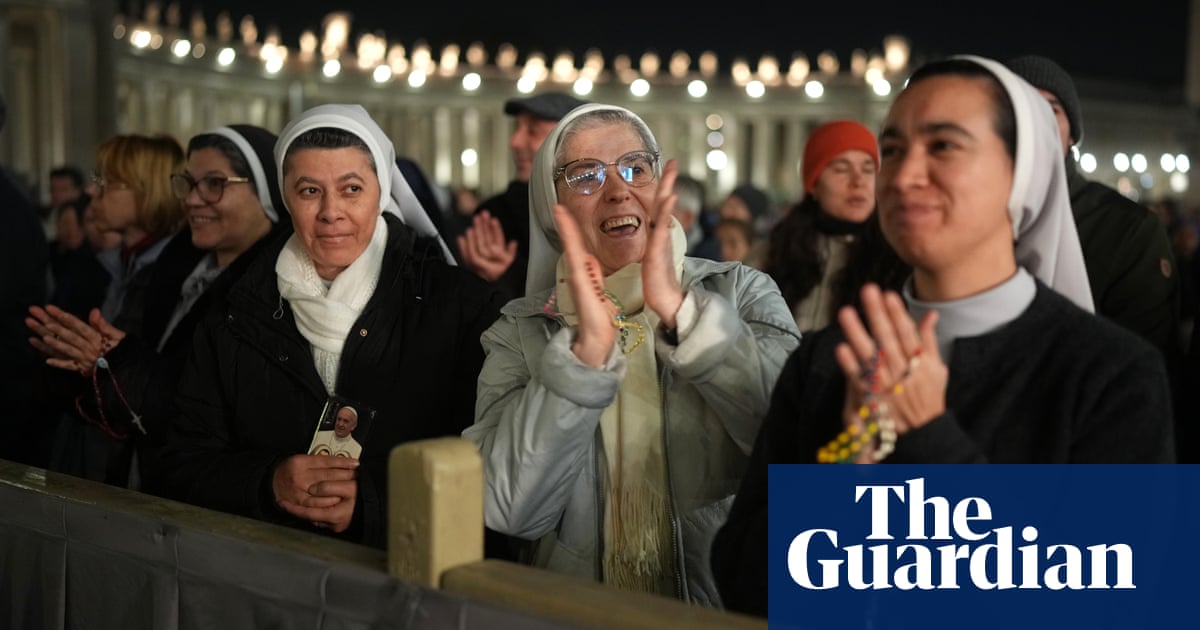What’s your favourite play of the year? I’d probably go for Somebody Jones’s How I Learned to Swim, though I was also bowled over by James Macdonald’s revelatory revival of Waiting for Godot and had a soft spot for The Comeuppance by Branden Jacobs-Jenkins. Anyway, never mind those – the best show is yet to come. There’s only one performance but I’ve managed to get tickets because I know one of the cast. In fact, I look forward to helping them rehearse their lines at home.
Yes, it’s almost festive show time in schools. Over the coming weeks, in classrooms around the country, antlers will be whittled from cardboard, paper headwear snipped out and glittered, scripts divvied up and learned. But next month’s winter performance is bittersweet for me. This is my youngest daughter’s final year at primary school. It will be the last time I perch on a much too small chair with all the other proud parents and carers for a show that, past experience has taught me, may well have funnier jokes and catchier songs than some of the 150-odd shows I see each year as the Guardian’s Stage editor.
You’ll never find an audience more emotionally invested and just generally up for it. The shows are often watched by a multi-generational audience akin to panto. This is theatre at its livest: the cast are knackered at the end of the longest term yet many are buzzing for their big moment. It’s not every school day that you get to make jokes about the head teacher. Lines are forgotten, jettisoned, improvised and nudged along by vigilant staff members. Each year I’m in awe of how much work goes into it all, especially the script, considering teachers are so overburdened.
Year six is when pupils take the national curriculum tests known as Sats – a source of considerable anxiety for many. I was heartened to read how education secretary Bridget Phillipson, in a speech about declining attendances and the “tunnel vision” of focusing on academic success, championed the need for pupils “to feel like they belong in school”. When a class puts on their festive show, the pride is all around – it is particularly affecting to see children themselves buoyant about their collective performance in front of families.

I remember the year that a Christmas concert was done in the playground not the school hall, due to Covid restrictions, and how the pandemic changed so many children’s feelings towards the building that is a second home for them. The lockdowns led many children to start primary school with delayed communication skills and emotional difficulties. Drama and music can play a vital role in improving both – you see it from year to year in these school performances, as different children find their feet.
After data was released showing an overall decline of 42% in the number of arts GCSE entries, I spoke to theatre leaders in June about the erosion and devaluation of the arts in state schools. The director Nicholas Hytner said that theatres themselves had been filling the gap left by “the disappearance of creative and performing arts education in state schools”. There was an expansion in theatres’ education and outreach work when Hytner ran the National Theatre from 2003 to 2015 and he expressed regret that the industry had not managed to secure direct funding from the Department for Education for it. Theatres are still slowly recovering from the impact of the pandemic; it has left their vital education work looking vulnerable.
Earlier this month, dozens of figures from the theatre industry wrote to the Stage to express “profound concern” at the 100% cut that has been made to the National Theatre’s Primary Schools Touring theatre programme. Its signatories included writer and director Jude Christian, whose superb hour-long version of Hamlet was performed in schools last year as part of the programme and watched by more than 7,700 young people. Cutting the programme, stated the letter, would be “deeply damaging to working-class communities, disappearing transformative experiences for young people in their formative years, who might be inspired to become artists themselves”.
Kate Varah, co-chief executive of the National Theatre, responded by citing funding restraints and highlighting some of its other initiatives, such as digital learning, primary school trips to its Christmas show Ballet Shoes and a project “to explore building creativity across the curriculum”. But the only schools touring show highlighted by Varah’s letter was a dystopian drama by the firecracker duo of playwright Ross Willis and director Ned Bennett. It’s called The LeftBehinds and I can’t wait to see it but the audience will be secondary school students. That now looks like an unfortunately ironic title. Consider how many primary students are left behind, missing out on professional live theatre that is seen not on a trip to an unfamiliar and perhaps imposing institution but on their home ground of school.
The National is not the only theatre committed to education and many others will continue to tour work to school halls this Christmas and beyond. Panto, according to industry legend, is where children get their first taste of theatre. I’d say it’s traditionally been school instead. The NT’s total cut of a touring programme aimed at the youngest students seems dispiritingly Scrooge-like and could jeopardise the development of theatre audiences, and practitioners, of Christmases yet to come.

.png) 3 months ago
28
3 months ago
28


